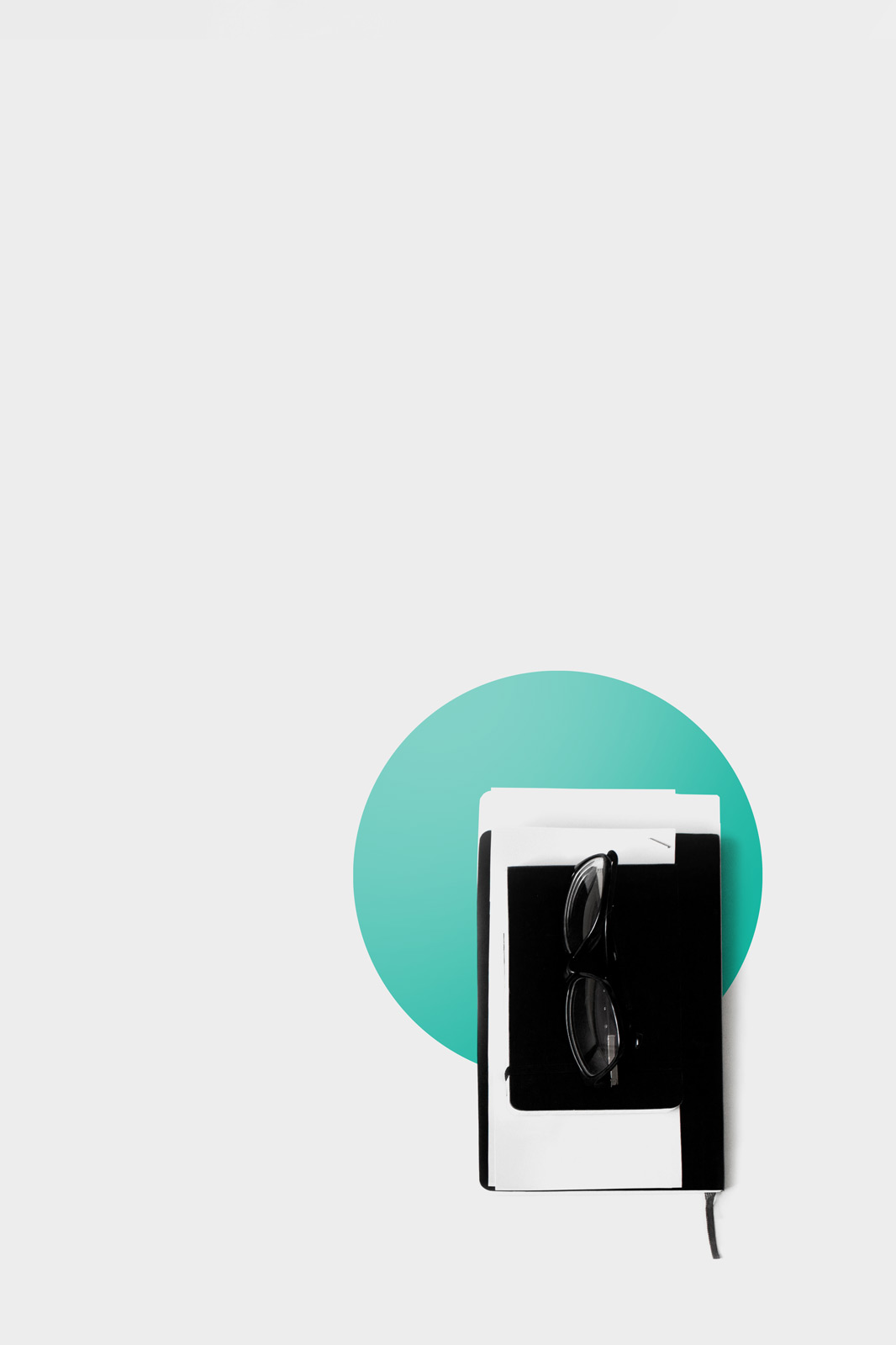

Entry #1
As a designer and human, we have a role in shaping the world around us. We all have values and principles, but what do we do when our principles get challenged? Throughout my experience within the design world, I have repeatedly found myself at odds with the technology and experiences that we were crafting. There are plenty of books about the ethical challenges facing designers today, so I will not rehash existing concerns. I have been thinking about how much our principles and commitments should play a role in the organization that we work for and the experience that we develop.
This past year, I co-instructed with Dr. Jaime Snyder, a graduate-level Design Ideation Process studio class for the University of Washington MHCI+D program. Within this design process, we discussed the importance of our principles. We talked about how to make commitments to building a future that aligns with these principles. We challenged our students to think about this and make some personal design commitments.
One of the best lessons that I learned from a friend and colleague, Sheryl Cababa, was the value of standing up for your values and principles. Not just for yourself but the people around us. Sheryl represented a strength of character that I had lacked in my life. For most of my career, I was hesitant to voice my ethical struggles with the decisions that are being made around me. I feared that I was alone in my thoughts. I was nervous about angering others. I worried that I would be fired.
I would be remiss if I did not talk about the role privilege plays in following these commitments. I find myself in a place of privilege where I can take more professional risks. So it seems easy to talk about commitments, but I argue that these commitments are what make you unique, they give you purpose, and it will be something that can and should define you.
When you answer these questions, you will have begun to find your commitments.
Design
Philosophy
Education